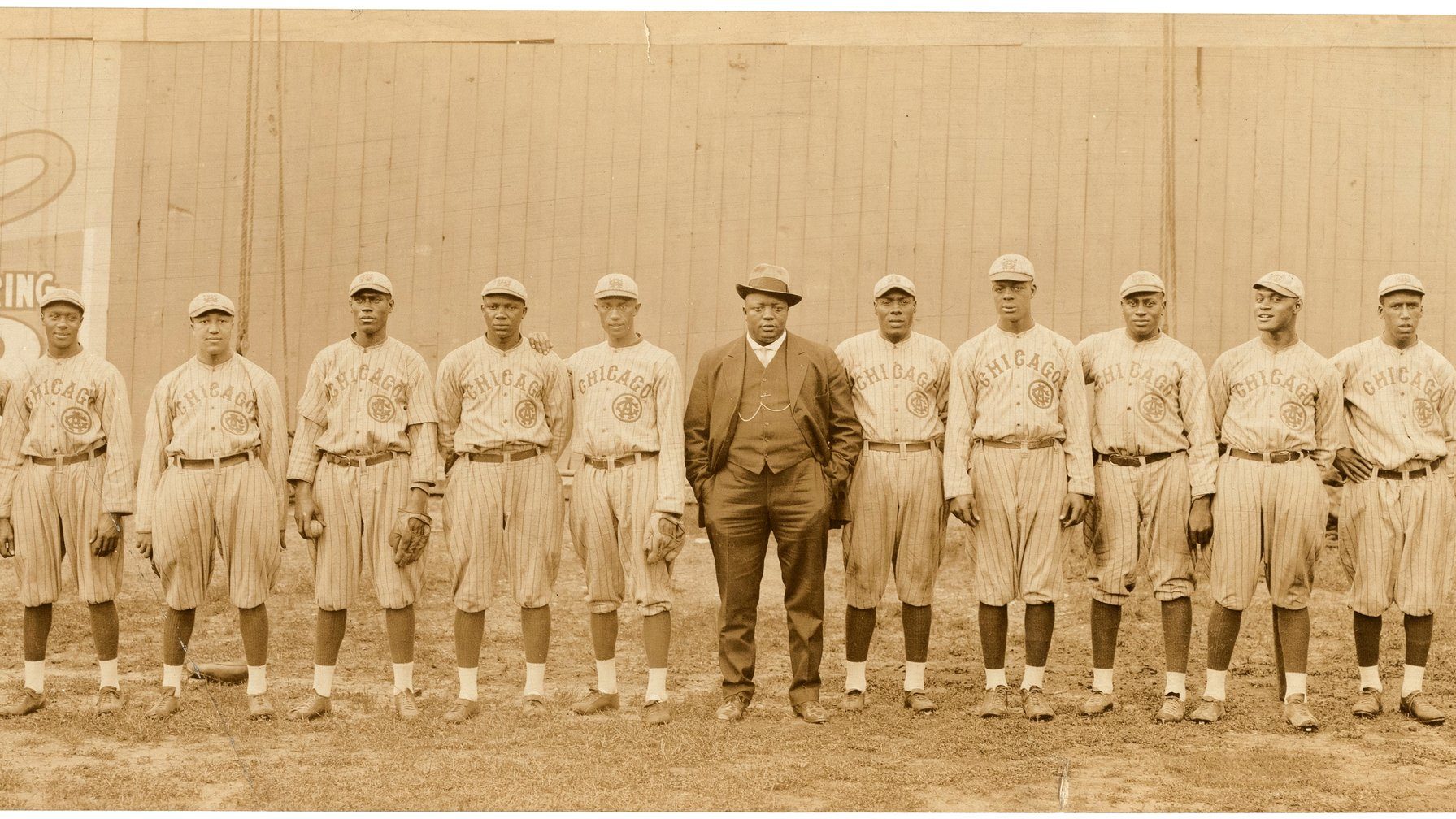SHORT BIO
David Brancaccio is host and senior editor of “Marketplace Morning Report.” There is a money story under nearly everything, but David often focuses on regulation of financial markets, the role of technology in labor markets, the history of innovation, digital privacy, sustainability, social enterprises and financial vulnerability in older adults. David freelanced for Marketplace in 1989 before becoming the program’s European correspondent based in London in 1990.
David hosted the evening program from 1993-2003, then anchored the award-winning public television news program “Now” on PBS after a period co-hosting with journalist Bill Moyers. David has co-produced and appeared in several documentaries, including “Fixing the Future,” about alternative approaches to the economy, and “On Thin Ice,” about climate change and water security, with mountaineer Conrad Anker. David is author of “Squandering Aimlessly,” a book about personal values and money. He enjoys moderating public policy discussions, including at the Aspen Ideas Festival, Chicago Ideas Week and the Camden Conference in Maine.
David is from Waterville, Maine, and has degrees from Wesleyan and Stanford universities. Honors include the Peabody, Alfred I. duPont-Columbia University, Emmy and Walter Cronkite awards. He is married to Mary Brancaccio, a poet and educator. They have three offspring, all adults. He likes making beer and building (and launching) pretty big rockets. Among his heroes are Edward R. Murrow and Wolfman Jack.
















!["Whatever you do, don't put [medical debt] on a credit card," said RIP Medical Debt's Allison Sesso. "Once you put it on a credit card, it's consumer debt — it's not medical debt anymore."](https://www.marketplace.org/wp-content/uploads/2024/03/GettyImages-1175811131-e1711639087362.jpg?w=960)

!["Will [Trump Media and Technology Group] be highly profitable in the future, that could justify such a high valuation? Very unlikely," said the University of Florida's Jay Ritter.](https://www.marketplace.org/wp-content/uploads/2024/03/GettyImages-2111709254-e1711452975484.jpg?w=960)

